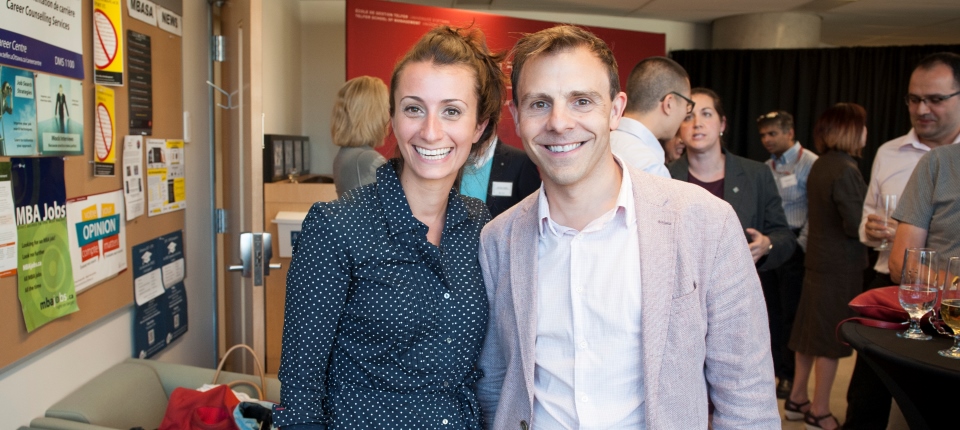Telfer study looks at caregiver experiences in the stroke rehabilitation system


A Telfer School–uOttawa study highlights the complexity that family caregivers experience providing care for stroke survivors. Using a complex adaptive systems perspective, the researchers contacted fourteen family caregivers who spoke of their feelings of isolation in adapting to the changing demands of their role within a complex healthcare system.
Focusing on the transition from a stroke rehabilitation facility to the patient’s home, the study identifies family caregivers as pivotal to continuity of care. They coordinate community services, schedule appointments, serve as information gatekeepers for loved ones, and provide many other kinds of support to the stroke survivor. “Family caregivers are often the only aspect that remains consistent as the patient transitions across care settings,” the authors write. However, stroke caregiving is a complex system defined by non-linear processes, self-organization and emerging behaviors. The article makes several recommendations. For example, providing family caregivers with information specific to their needs, and adding case managers or “system navigators” would help family caregivers manage the complexity and thereby help prevent the fragmentation of a patient’s care.
Andrea Ghazzawi (M.Sc. Health Systems) conducted the research as part of her master’s thesis with supervision by professors Craig Kuziemsky of the Telfer School of Management and Tracey O’Sullivan of the Interdisciplinary School of Health Sciences. The work was supported by the EnRiCH Project, Telfer School of Management (Excellence Award, and Student Graduate Research Fund), and an Ontario Graduate Scholarship. Ghazzawi is now a student at the Telfer School in the PhD in Management program (Health Systems stream).
For more information visit: Ghazzawi et al. BMC Health Services Research (2016) 16:538